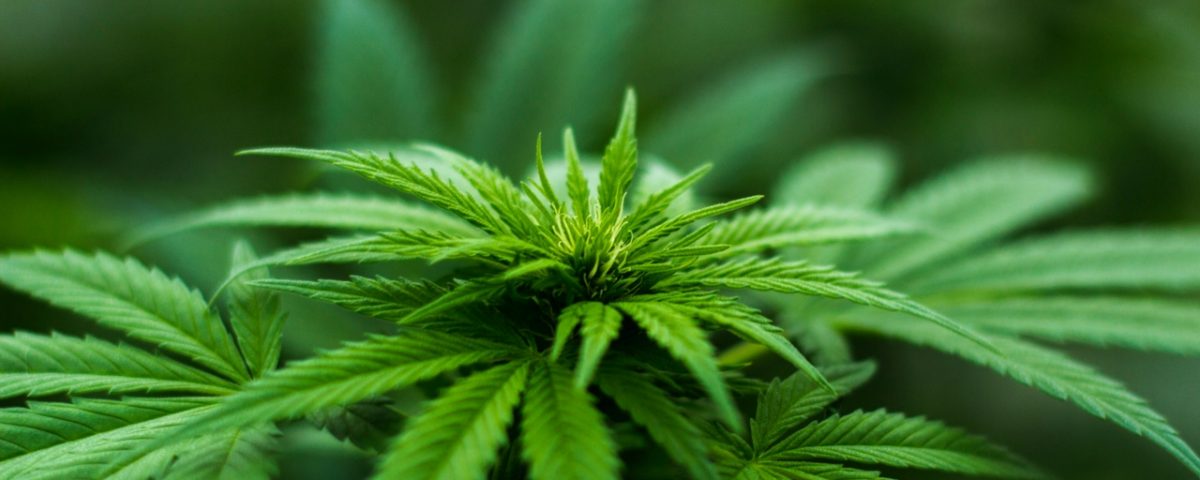Banking for the Cannabis Industry: Not the problem you are told it is

Should You Invest in Cannabis Stocks? You Reap What You Sow
May 7, 2018
Barry Gainsburg Interview With Ms. Vicki Hanson PhD Candidate in Public Policy & “Ganja” Reform Lobbyist
May 7, 2018“Mr. Dillinger, why do you rob banks?” Dillinger’s answer was simple: “I rob banks because… that is where the money is.”
When I was a kid in New York, many many years ago, banks used to run commercials offering toasters and other appliances if you opened a bank account with them. I remember Mr. Coffee himself, Joe DiMaggio trying to pitch coffee machines if you opened up an account with the Bowery Savings Bank. Perhaps today Tommy Chong could offer pipes or bongs to do the same.
Recently, Judge Jackson in The Fourth Corner Credit Union case stated that “the manufacture and distribution of marijuana violates the Controlled Substances Act, and that the Department of Justice is committed to enforcement of that Act.”
So in essence, once again the Federal Controlled Substance Act’s classification of cannabis as a Schedule I Substance prevents federal protections for cannabis industry participants such as interstate commerce and the CSA consequently treats proceeds from the sale of cannabis, recreational and medical, as criminal funds.
As long as the CSA Schedule I classification is in effect for cannabis there will be a complete refusal by international federally chartered banks such as JP Morgan Chase, Bank of America, and Citigroup, to name a few, to provide banking services to the Cannabis Industry. Even on a local state basis,state-chartered banks and credit unions that had conducted due diligence and designed banking programs in compliance with provided guidance have also been shut down by their respective regulators on a state level, by the OCC, as well as by the Federal Reserve itself.
Some banks have internally developed their own software solution to address the issues concerning providing cannabis banking accounts. Some banks have sought an outsourced solution from seed-to-sale tracking companies, since if one can track from seed-to-sale than the opposite is true as well – that the cash from a sale can be traced back to the “state” legal purchase of cannabis. Many dollars and much time has been focused on this issue. Part of the problem obviously is that cannabis is still “illegal” on a federal basis, yet becoming legal on a state basis through voter initiative and state action.
Now there are two (2) important federal arms which have providing the banking industry with guidance in respect to providing banking services to “legal” cannabis companies. The Cole Memorandum, dated Valentines Day 2014, provides a number of areas of concerns as set forth by the Department of Justice to be addressed by banks providing services to the cannabis sector.
Those stated concerns involve: (i) preventing the distribution of marijuana to minors; (ii) preventing revenue from the sale of marijuana from going to criminal enterprises, games, and cartels; (iii) preventing the diversion of marijuana from states where it is legal under state law in some form to other states; (iv), preventing state-authorized marijuana activity from being used as a cover or pretext for the trafficking of other illegal drugs or other illegal activity; (v) preventing violence and the use of firearms in the cultivation and distribution of marijuana; (vi) preventing drugged driving and the exacerbation of other adverse public health consequences associated with marijuana use; (vii) preventing the growing of marijuana on public lands in the attendant public safety and environmental dangers posed by marijuana production on public lands; and (viii), and preventing marijuana possession or use on federal property.
This guidance, along with the Congress’ passing of Bills that defund the DEA’s and DOJ efforts to prosecute cannabis industry participants and banks serving them should have been enough to grant certainty to this sector. But unfortunately, it hasn’t occurred because federal agencies continue their efforts to stymie banking services for the Cannabis Industry.
Additionally, FinCEN, which attempts to prevent money laundering through US financial institutions also provided guidance on Valentine’s Day 2014. FinCEN is responsible for monitoring Suspicious Activity Reports (“SARS”) which are filed by banks concerning red flagged transactions concerning the transfer of funds. FinCEN instituted new forms related to “Marijuana” SARS. This guidance required heightened due diligence and SAR monitoring efforts for cannabis related accounts.
Regardless, of the issued guidance to the Banking and Cannabis industry, progress is slow to be had. Now, in my former life, I served as the Director of Compliance for John W. Henry & Company, Inc. (“JWH”) and its affiliates, which at one time was had multi billions of dollars in assets under management for commodities and swap trading. There was always an obligation to know your customer (“KYC”) inherent in accepting funds.
However, after the terrorist attacks of September 11, 2001, and the subsequent passing of the US Patriot Act, U.S. financial institutions were then required to engage in the heightened screening of transactions as part of a written instituted Anti-Money Laundering (“AML”) Program. These AML requirements were swiftly, and reasonably implemented in the financial industry with respect to terrorist operating on a global basis.
So having been a witness, and part of implementing the AML solutions, I know that it is much easier to implement wit respect to domestic banking activity conducted through the US banking system. While those who are working or developing new technologies with respect to “AML” and “SAR” banking issues, I believe that there efforts are duplicative and for the most part doomed to suffer from economic failure.
The large national and substantial state Banks already have the programming, coding and surveillance tools in place to comply with all of the February 14, 2014 cannabis banking guidance and requirements. Again, from an execution stand point, this is all based on domestic state transactions, which don’t involve many of the complexities of offshore funding and transfers and determining the origins of a foreign money transfer into the US banking system.
Therefore I submit to you, my reader, that the technology solution for cannabis banking already exists, since it is being used with respect to US Patriot Act AML compliance. The only real issue which is prohibiting the offering of banking services to the cannabis industry is the Federal CSA’s Schedule I Substance inclusion of “marijuana” since it is alleged to have no proven medical benefits (false, false, and false) as well as it being highly addictive (false, false and false again).
Once this classification is removed, and it will be sooner rather than later, either through Congressional action or an Executive Order, the Banks will be offering their services to cannabis industry participants, along with extending credit and credit card processing services. Imagine if Banks induce those new customers with neat gifts like weed grinders, pipes, rolling papers or books promoting the cannabis industry. Very soon my friends.
If only Marilyn Monroe’s ex-husband was still around. I imagine Jolting Joe would look good with a spliff in one hand and a Bowery Savings Bank account application in the other. You know he did like to light up his smooth mild Camels.


